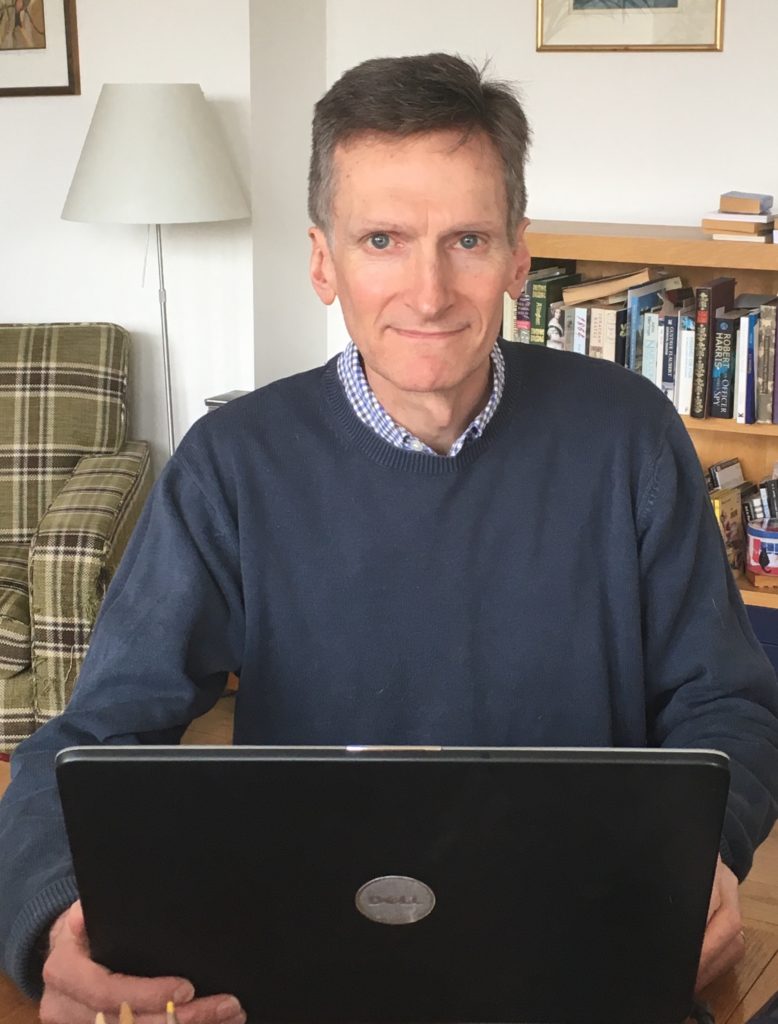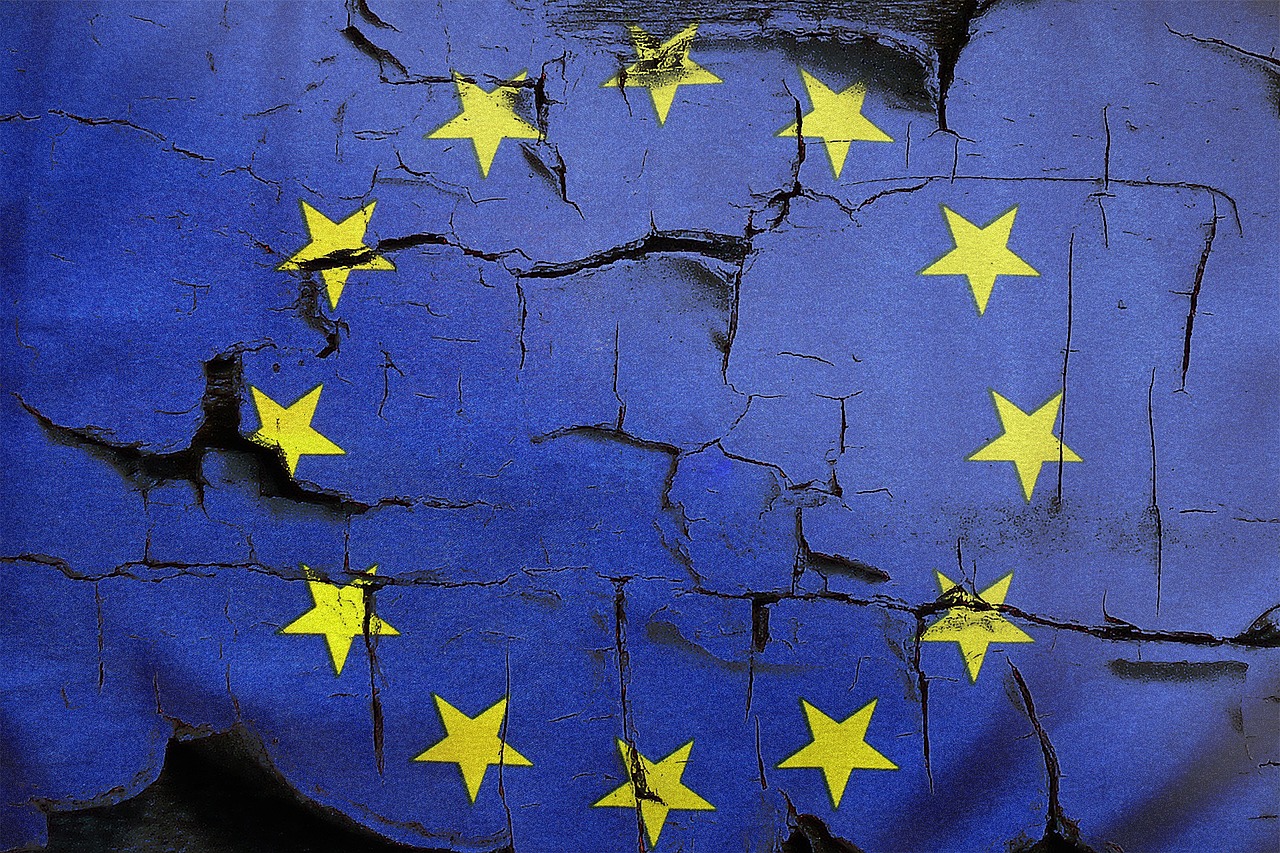13 October 2022
Sluggish Old Europe
And a fresh new Europe?
By Neil Tidmarsh

Five months ago, this column reported on a new development of the European Project emerging among EU and non-EU countries in the north and east of the continent. An informal, pragmatic group including Britain, Sweden, Finland, Poland, Slovakia, the Czech Republic, Estonia, Lithuania and Ukraine (and backed by the USA) has come together in response to the Russian invasion of Ukraine and to the failure of a leaden-footed Brussels to organise a swift and co-ordinated programme of military training and supply to Kyiv. It must have been a huge shock to Putin, who was no doubt banking on the EU being too sclerotic or cautious or craven to offer serious resistance to his criminal ambitions; he failed to appreciate that Europe is more than just the EU and is capable of evolving into something newer and braver and more fleet-footed in order to defend itself and its values.
It must also have been a shock to the EU’s leaders in Brussels and Paris and Berlin. Was the European Project slipping out of their hands? Was a new Europe emerging, looser and bolder and more agile than the rigid old Europe of the EU? What could they do to regain the initiative, to re-assert their leadership and influence over the continent’s affairs? Even more than all the other recent crises, the war in Ukraine was making them look hamstrung and almost irrelevant; had they created a vacuum for the USA or the UK to exploit? Something had to be done to safeguard their position, to combat the competition from any potential New Europe. Macron soon came up with an answer; set up a rival New Europe of their own, one which they could lead and control.
His initiative – a “European Political Community” of 44 countries, including the EU’s 27 member states – was launched last week. Leaders of those 44 countries met in Prague for its inaugural gathering last Friday. Boris Johnson had declined the invitation, seeing the EPC for what it was – an attempt by Brussels and Paris to fence in their sphere of influence. But his successor accepted the invitation. Liz Truss was right to attend the summit; any attempt to bring friendly states together is to be applauded, whatever the motives, and Britain should seize every opportunity to repair its relationships with its European neighbours. The rapprochement between the British prime minister and the French president (they agreed to re-start annual UK-France summits) and the UK’s re-entry to the NSEC (North Sea Energy Co-operation) were two items of good news to come out of Prague.
Nevertheless, it’s unlikely that this forum where “members of the European family can discuss issues of common interest” will be much more than yet another introverted talking shop, a committee looking for a purpose, a sluggish and ineffectual piece of top-down political engineering with shallow roots – typical, in other words, of the old Europe of the EU to which it belongs.
Just how sluggish and ineffectual that old Europe can be, was illustrated by more than one item in the news this week:
EU diplomats and other officials of the EU’s European External Action Service were lambasted as “slow, lazy, out of touch, stupid and arrogant” by their own boss, Josep Borrell, the foreign affairs chief. Among other things, he berated them for the EU’s diplomatic and intelligence failures over Russia’s invasion of Ukraine: “We did not believe that the war was coming. The Americans were telling us ‘They will attack, they will attack’ and we were quite reluctant to believe it. And we did not foresee how effectively Ukraine would resist. Sometimes I knew more of what was happening somewhere by reading the newspapers than reading your reports”.
According to confidential documents leaked to the German newspaper Welt am Sonntag, the EU is finally – finally – planning to set up a “military support mission” to train Ukraine soldiers on EU soil. Better eight months late than never, although this “multinational operation-level training command”, with headquarters probably in Germany and Poland, is still only in the planning stages and has not yet been signed off by the EU’s foreign ministers. And once up and running it will take two years for it to train 15,000 Ukrainian soldiers. And Germany (which promised Iris-T SLM air defence systems for Ukraine more than four months ago but still hadn’t delivered them when Russia rained barrages of long-range missiles down on Kyiv and a dozen other Ukrainian cities this week) objected to original proposals for a single headquarters in Poland. And France (which has recently ruled out large-scale training of the Ukrainian military) doesn’t seem to be involved in any significant way.
Meanwhile, the pragmatic and practical efforts of the non-EU project have already trained tens of thousands of Ukrainian soldiers. Military trainers from Britain, Denmark, the Netherlands, Finland, Lithuania and Sweden have been working together for months in what has been described by diplomats as an example of “European co-operation without having to have the EU”: Operation Orbital trained more than 22,000 Ukrainian soldiers up to May of this year; its successor, Operation Interflex, has already trained another 5000 troops and 5000 more will have completed their training by the end of the year.
The UK has been in talks with the EU for the past month to make sure that this existing scheme and the EU’s planned scheme complement each other. But at this rate the war could be over long before the sluggish old Europe’s scheme eventually bears fruit.


